Delicious rosemary steak, Italian cuisine full of basil and oregano, or a mouth-watering cream soup seasoned with green herbs. Herbs are irreplaceable in dishes from all over the world. Find out how to plant herbs so they are always available when you need them.
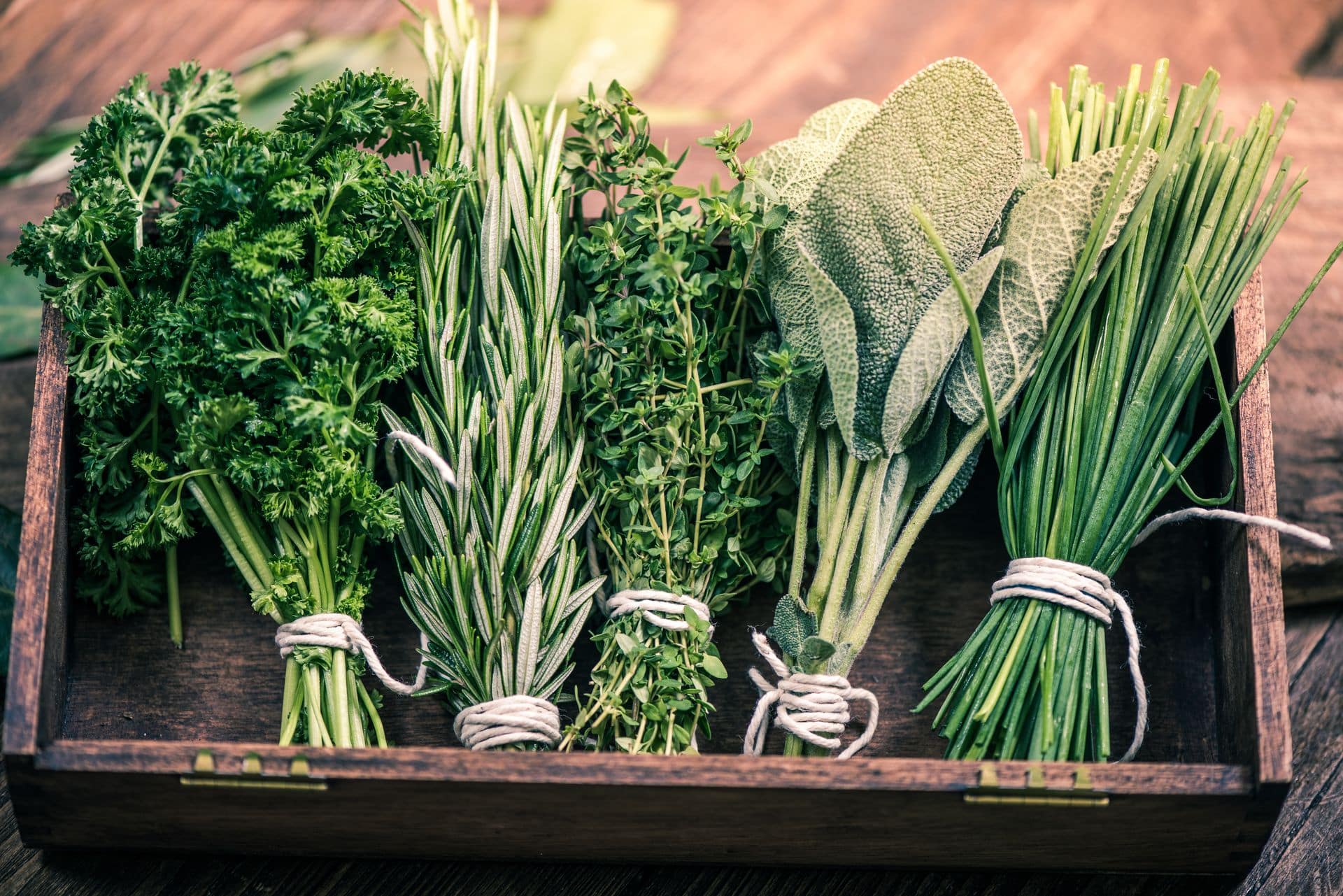
Delicious rosemary steak, Italian cuisine full of basil and oregano, or a mouth-watering cream soup seasoned with green herbs. Herbs are irreplaceable in dishes from all over the world. Find out how to plant herbs so they are always available when you need them.
Types of herbs and what are they used for
Do you ever dream of having a proper herb garden? If so, read our article about how to plant herbs and get the best results from your very own herb garden. First of all, you should know that herbs can be both perennial and annual. The former include mint, chives, sage, tarragon, oregano, lovage or rosemary, while the latter include such herbs as basil, coriander, savory, dill and marjoram.
Even beginners will find it easy to plant herbs, which is much simpler than growing vegetables, although you still need to know a few details in order to grow delicious herbs in your garden or at home.
Planting herbs – what should you bear in mind?
The first thing to consider before planting herbs in your garden is where to get them from. The easiest solution is to buy ready-made seedlings, which are available in all garden centres. You can also grow annual plants from seeds, although take into account that it will be quite time-consuming, so if you want to grow a small amount of herbs, e.g. enough basil for a few meals, then it makes more sense to buy a seedling. On the other hand, by growing your own seedlings you can be absolutely sure that they are chemical-free.
Choosing the right spot in the garden
Most types will grow well in warm, sunny and sheltered spots. If you have many such places in your garden, you can also consider other criteria for choosing the spot. You could make herbal beds around the patio or alongside paths, and enjoy a wonderful feast of fragrances when relaxing outside. Some herbs, however, should be planted in partial shade – such as lovage or mint.
When choosing a place for herbs in the garden, you should keep in mind that some types are very expansive, and will quickly spread to neighbouring flower beds. This is the case with mint, sage or chamomile. You should give them more space than other herbs, or regularly remove some of the plants so that they do not grow more than intended.
How to plant herbs in boxes and flower pots
If you don’t have enough space in your garden or on elevated pallet beds to accommodate both your vegetable seedlings and your favourite herbs, another option is planting them in containers! Herbs grow very well in such conditions and it is easier to control their amount, letting you grow exactly as much as you need for your daily cooking.
Planting herbs on your balcony. You can sow herbs at home at the end of winter or buy seedlings in the spring and replant them immediately in containers. You can place boxes and pots on external window sills, or on your balcony or patio – an ideal spot would be somewhere not far from the kitchen.
What soil should you use to plant herbs in your garden?
Herbs are not very demanding when it comes to the soil in which they should be planted. Try to avoid compact, clayey soils, and aim for more permeable and humus-rich soil, although herbs should be able to grow in almost any garden soil. You will need to dig the soil properly for herbs – just as you would for vegetables. Additionally enriching it with compost will help achieve healthy growth. If, on the other hand, you plan to plant your herbs at home or on your balcony, you could buy a ready-made herb substrate that will provide them with all the necessary micro and macronutrients.
Caring for herbs
Whether planted in your garden or in pots on your balcony, caring for herbs is pure pleasure. The most important part is watering the plants – they react badly to a lack of moisture, and when dry they usually cannot be saved. A garden irrigation system using drip lines will make it easier to provide them with constant access to water, and you will not need to remember to constantly water them.
The next thing to remember is to weed the soil in which the herbs are grown. This prevents the growth of other, unwanted plants, which not only could suppress the herbs with their rapid growth and size, but would also steal valuable nutrients from the soil.
And what about fertilising the herbs you have planted? This can be done, but in moderation, because herbs will cope better in slightly sterile soil than in overfertilised soil. Nutrition with minerals is recommended only when the plants clearly begin to weaken, but in most cases it is enough to add compost to the soil annually.
Perennial herbs, especially those from warmer regions of the world, should be covered for the winter. Plants such as sage, thyme, rosemary, mountain savory, fennel or some varieties of lavender should be covered with spruce branches, straw or compost in the autumn. It is much easier to look after them in winter if they are grown in boxes or pots – then it is enough to move them to a cool place inside the house.
Which herbs should you plant in your garden or home?
When setting up your herb garden, think carefully about the plants that will benefit you the most. Which herbs should you plant in your garden?
- Basil – an annual herb, best sown under a cover in April. When should you plant basil in your garden? Transplanting into the ground should be done in May, although you can also sow seeds directly from the middle of May onwards. It is an exceptionally aromatic herb, indispensable in Italian cuisine!
- Rosemary – planted from ready-made seedlings around May or June. It enhances the flavour of potatoes or meat – the perfect addition to juicy steaks and chicken.
- Thyme – how should you plant thyme? The seedlings should be planted at the turn of May and June. Recommended as an addition to heavy dishes, due to its beneficial effect on digestion.
- Oregano – here you should start with seedlings. Start in March or April, in order to transplant them in May. The very smell of oregano will remind you of pizza or pasta, but you can also add it to Spanish or Mexican dishes.
- Marjoram – marjoram can be sown under a cover in March, and in May it is ready to grow in soil beds. Soups, meat, beans and mushroom dishes will not be the same without this aromatic herb.
- Lemon balm – prepare lemon balm seedlings in March, and plant them in the second half of May. You can prepare healthy, calming infusions from its leaves, but it can also be used for cooking, as an ideal addition to salads and marinades.
- Mint – mint seedlings should be transplanted around May or June. Ideal for refreshing drinks and salads throughout the summer.
- Dill – one of the easiest herbs to grow, it can be sown straight into the ground in March! It can be used to season new potatoes, tzatziki, cold soup and many other dishes.
- Parsley – you can sow leafy parsley together with dill, and then enjoy a beautiful and healthy decoration of all kinds of dishes throughout the season.
- Coriander – fans of Indian cuisine will appreciate easy access to this remarkably delicious herb! You can sow them straight into the ground in April.
Necessary tools for planting herbs
What garden equipment and tools will you need to grow herbs? Luckily, basic equipment and garden accessories should be enough in the case of herbs. You will need shovels, rakes or hoes when planting, weeding, transplanting and preparing the soil – mini versions will also come in handy for smaller bushes.
What else will you need when caring for herbs? A watering can or other watering equipment will be necessary, for example a garden hose with a watering nozzle or a drip irrigation system. You will also need a sprayer for protective spraying in the case of aphids or other pests. If your herbs spend winter in the ground, it would be good to cover them with material to protect plants against frost.
How to plant herbs in your garden – summary
A herb garden offers many great opportunities – first of all, you can adjust it to your own needs and preferences, and adapt it to the type of cuisine you prepare most often. Herbs are not only full of wonderful taste, without which many dishes would not be the same – they also have extraordinary health qualities, so they are a great choice for the whole family.
Learn how to plant a fruit orchard next.

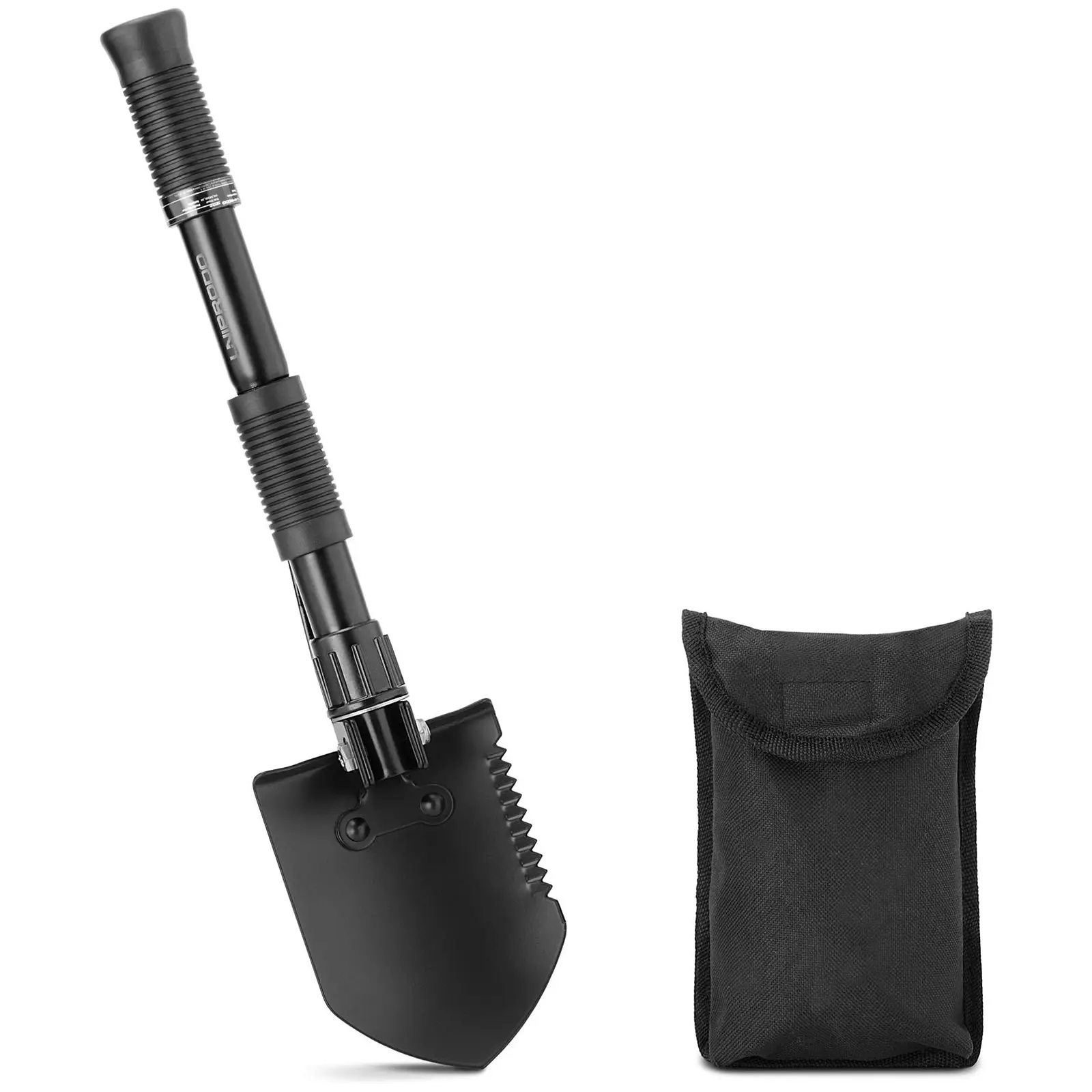
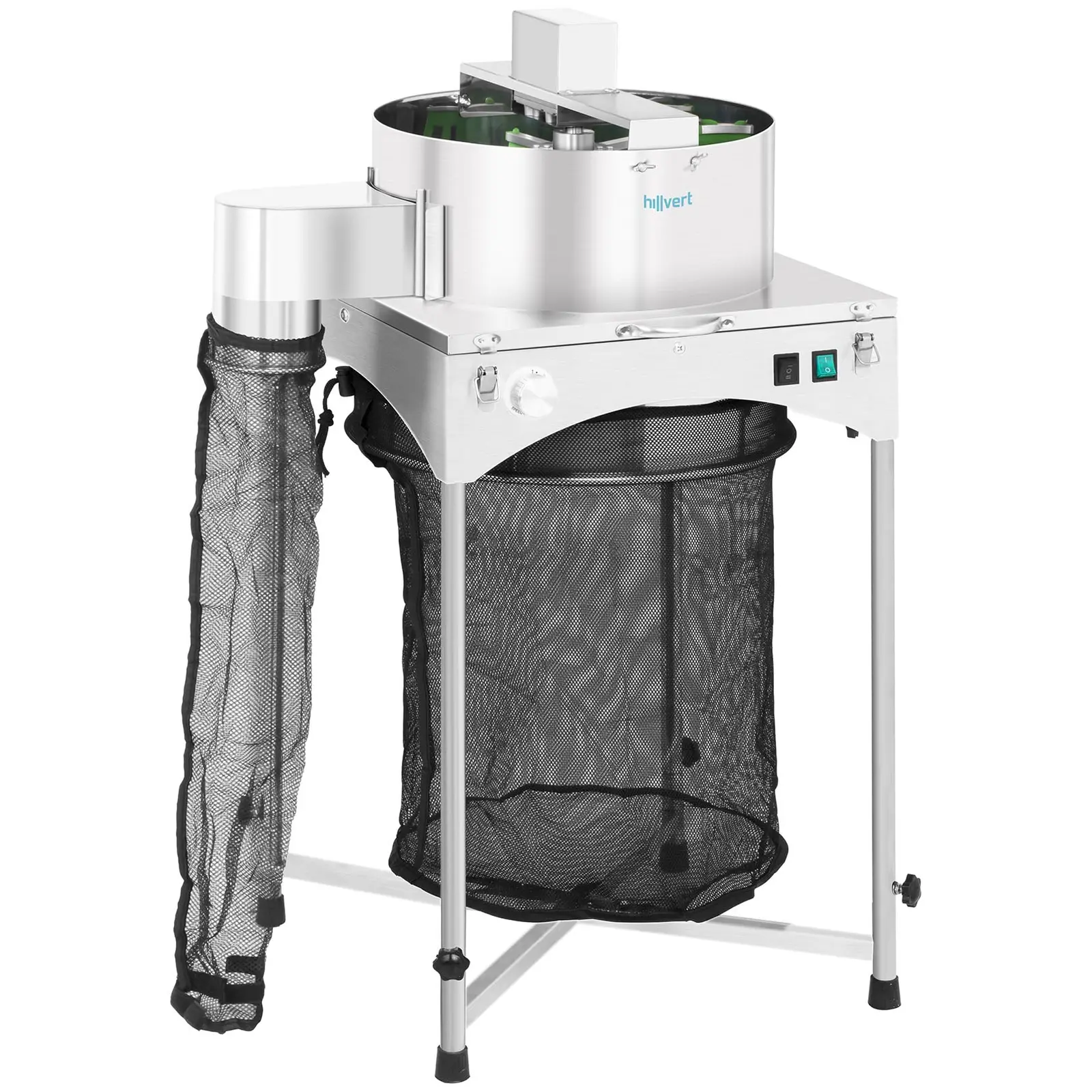
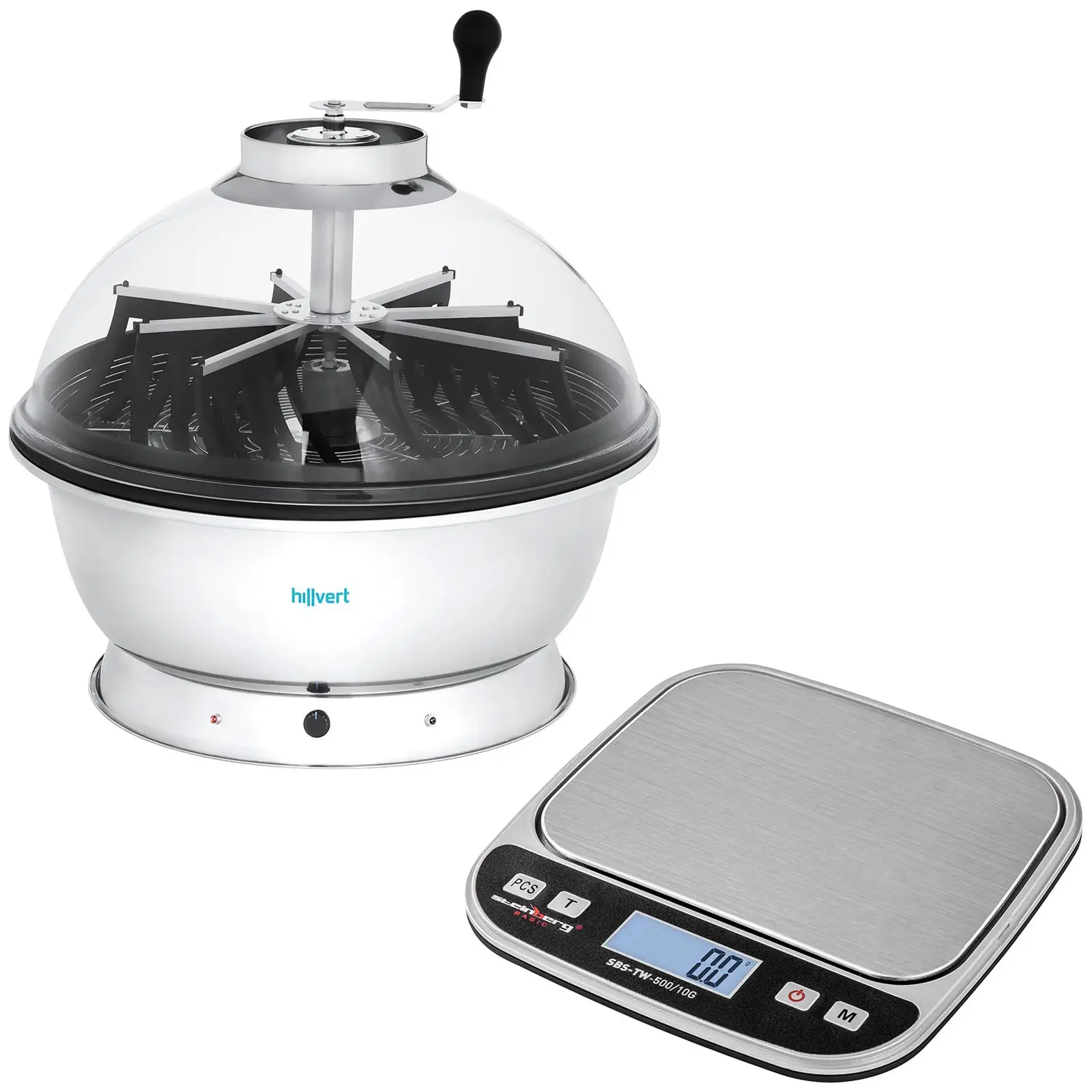
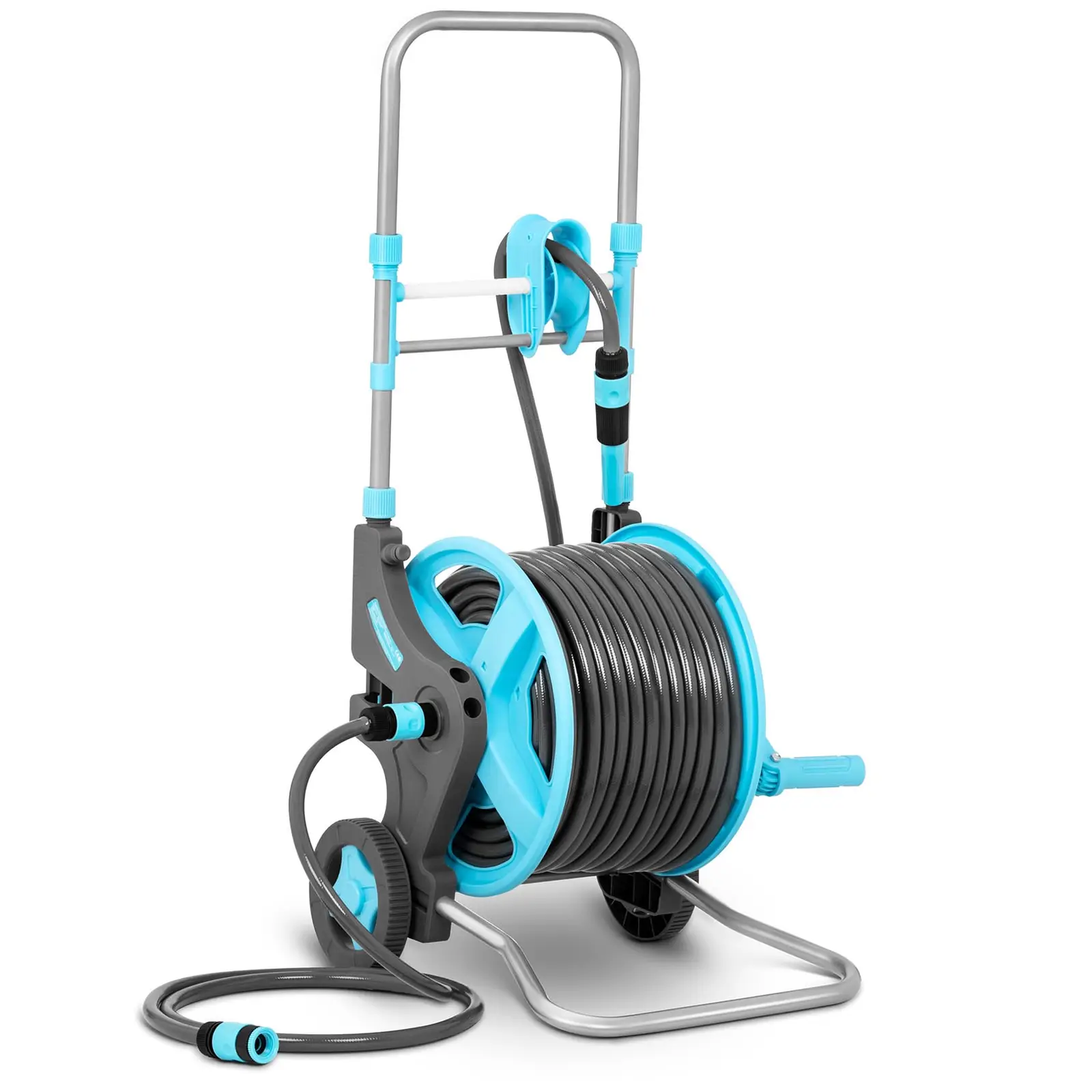
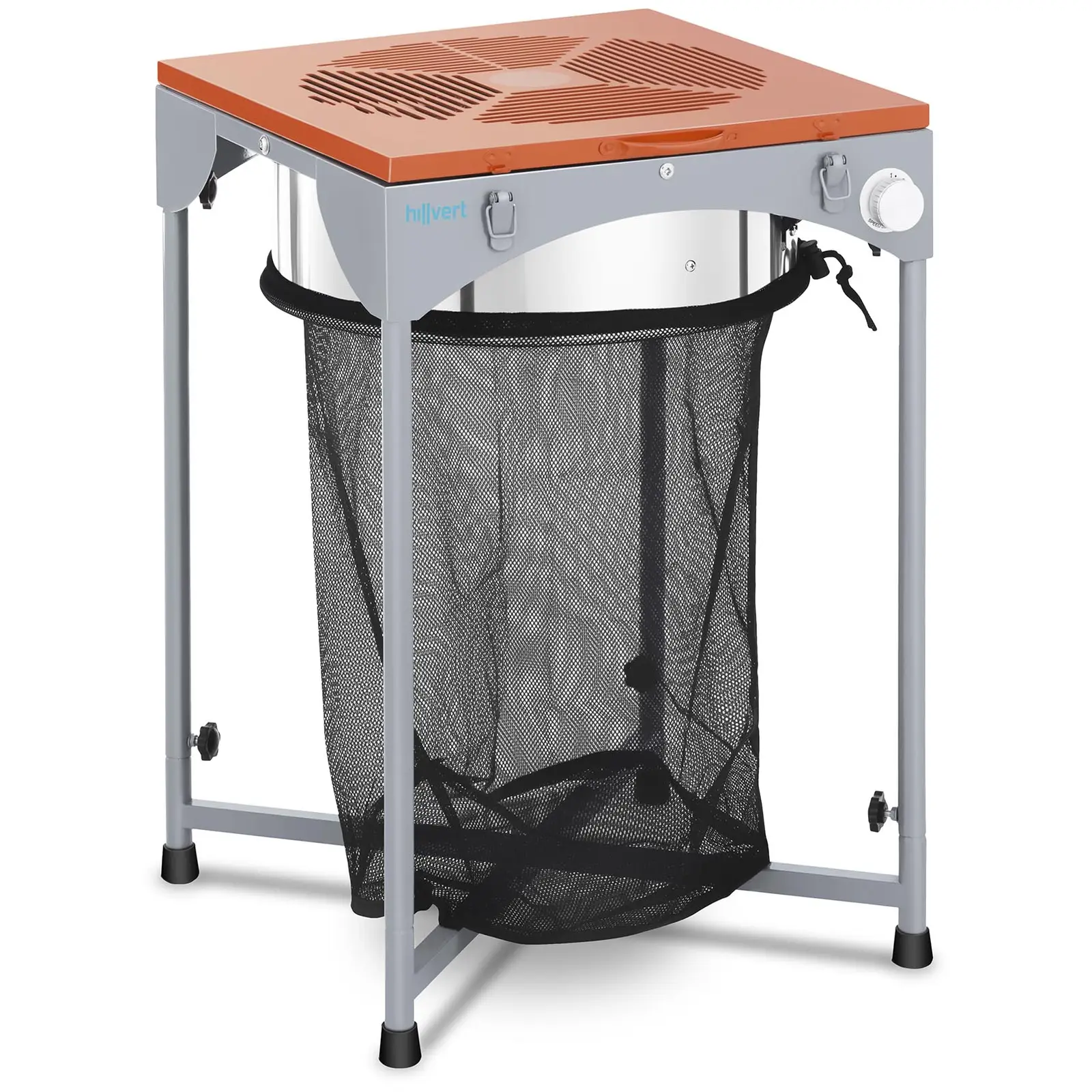
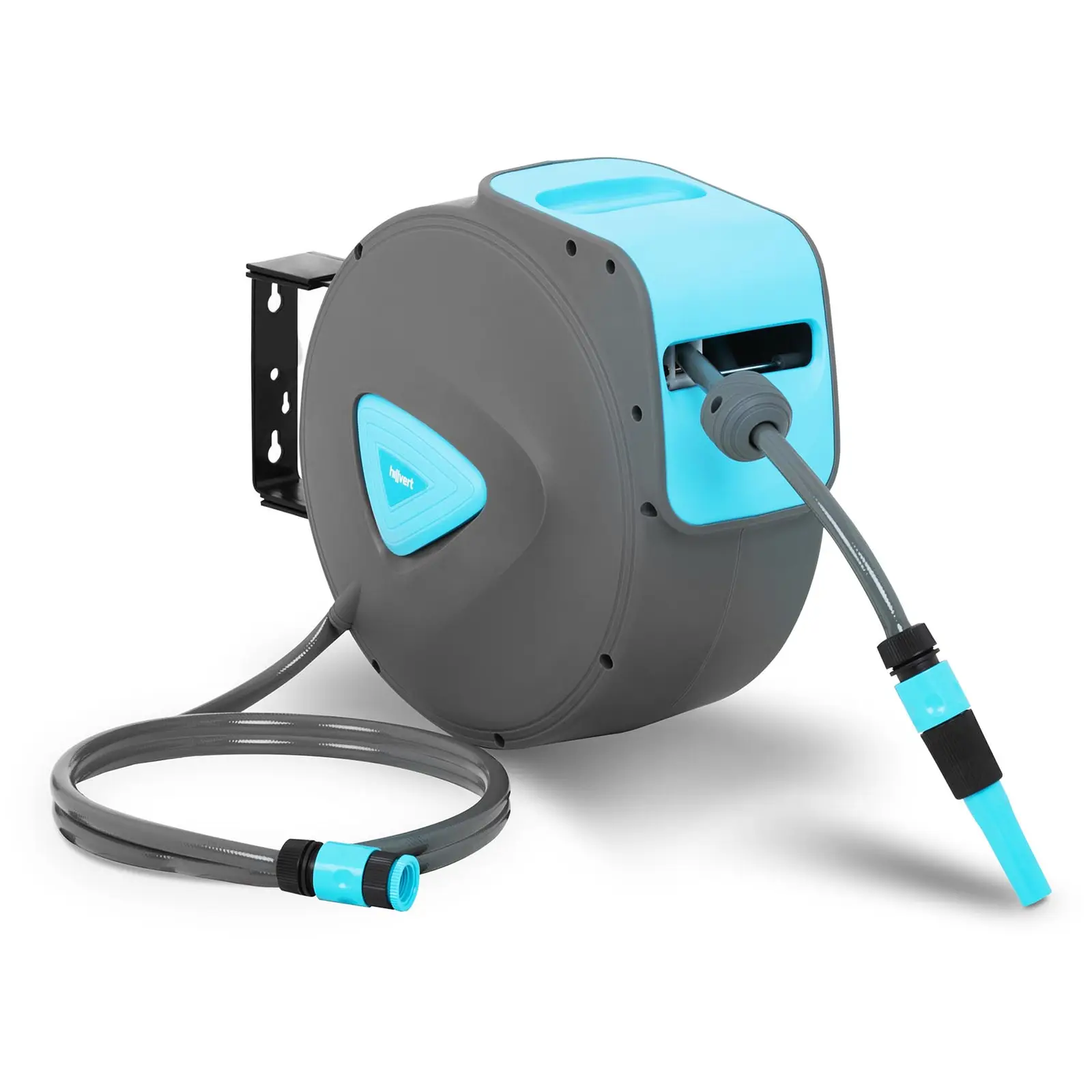
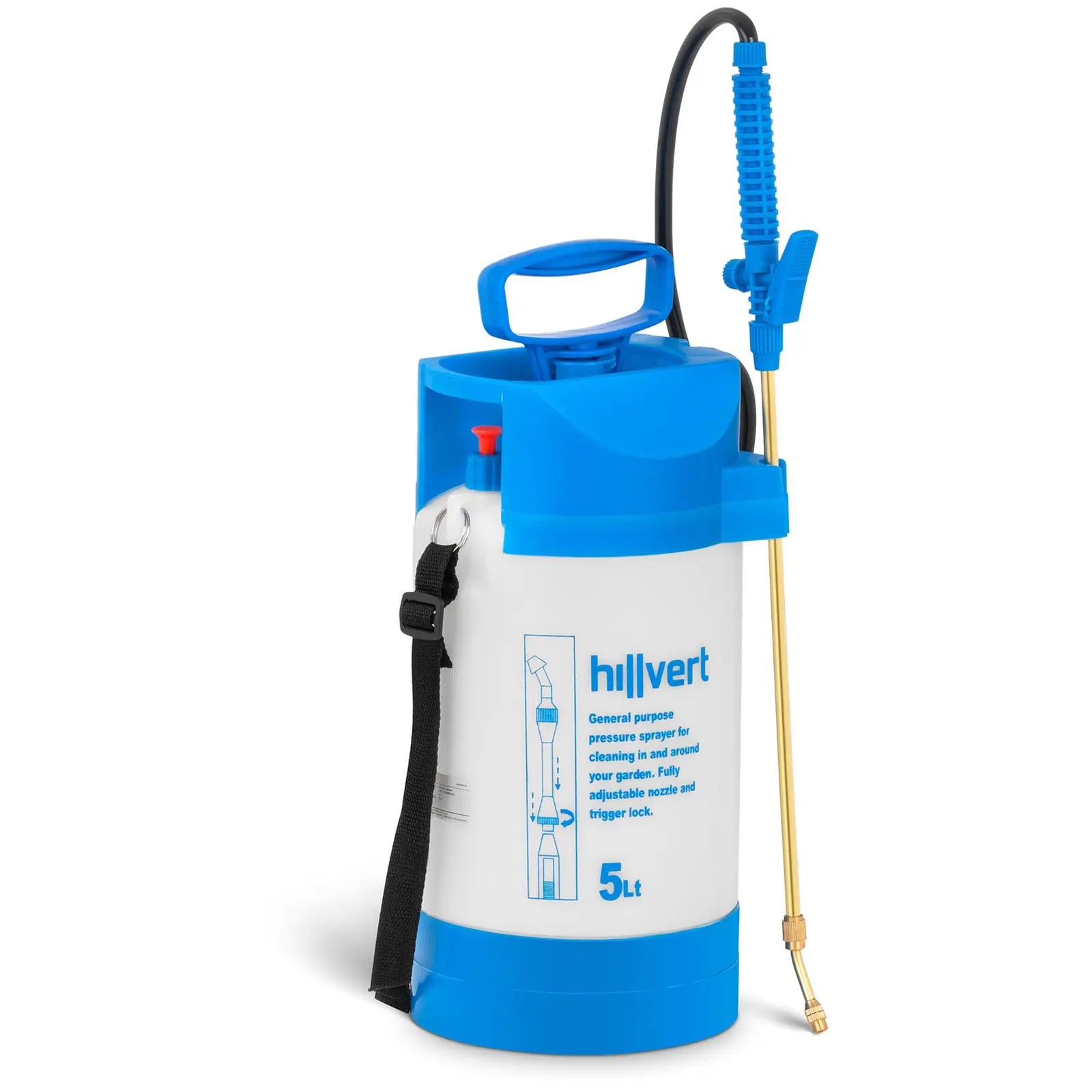
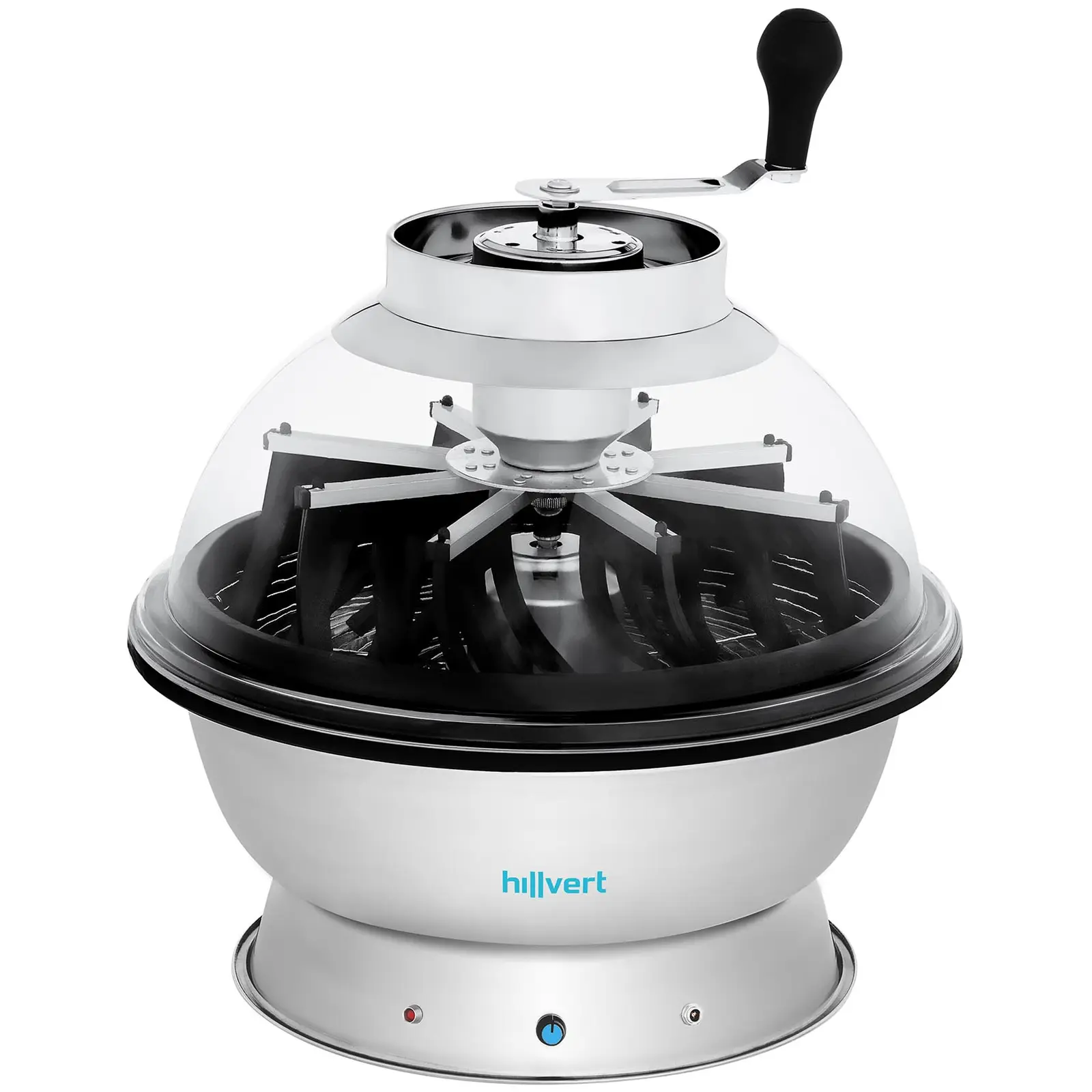





Share